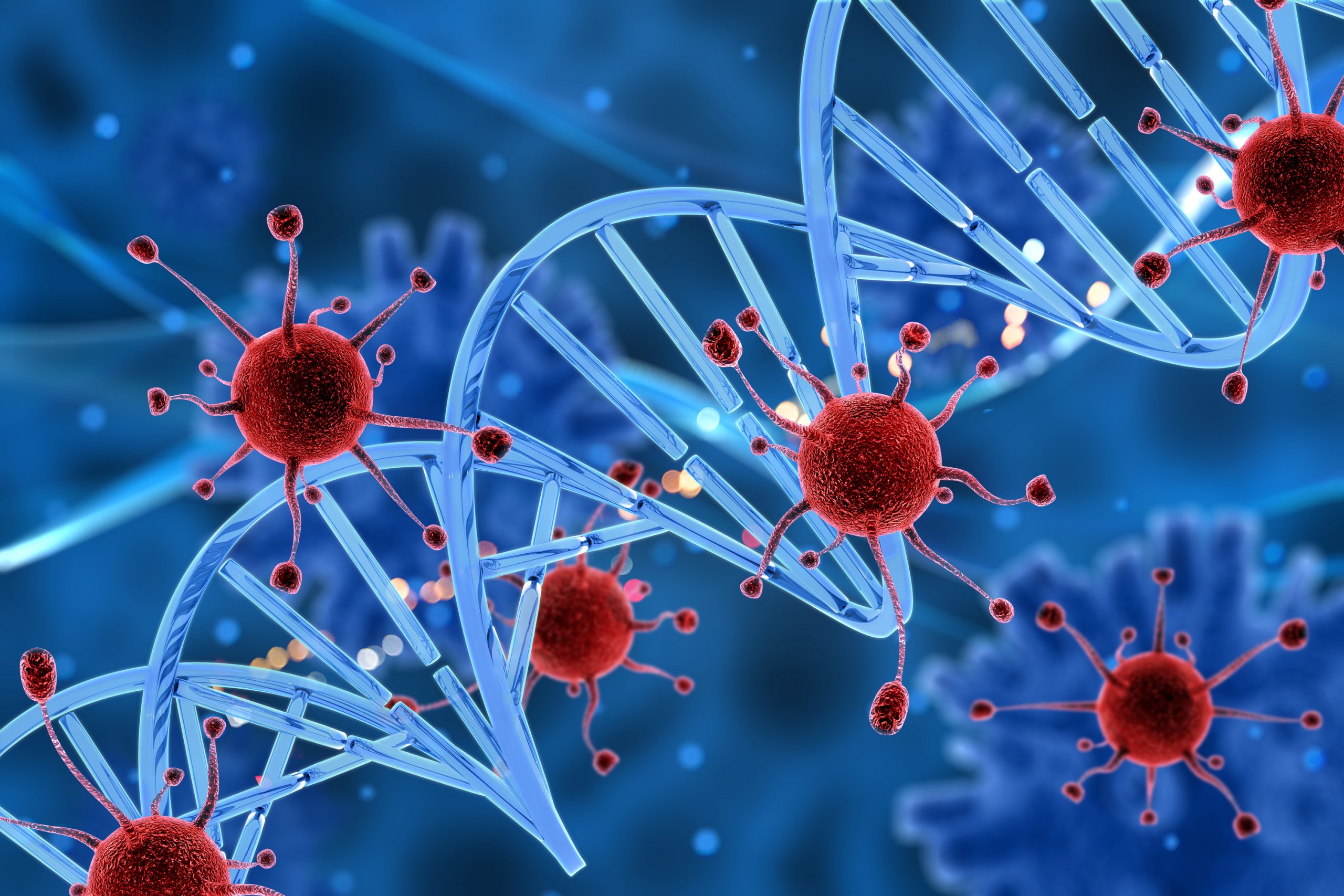

According to a study conducted by Columbia University researchers, the commonly used blood thinner warfarin appears to have strong anti-cancer capabilities. Warfarin prevents tumors from interfering with a self-destruct mechanism that cells start when they detect mutations or other abnormalities, according to a study done in human cells and on mice.
“Our findings suggest that warfarin, which is already approved by the FDA, could be repurposed to treat a variety of cancers, including pancreatic cancer,” says study leader Wei Gu, Ph.D., the Abraham and Mildred Goldstein Professor of Pathology & Cell Biology (in the Institute for Cancer Genetics) at Columbia University Vagelos College of Physicians and Surgeons.
The study is titled “Regulation of VKORC1L1 is critical for p53-mediated tumor suppression through vitamin K metabolism,” and it was published July 18 in Cell Metabolism. Postdoctoral researcher scientists Xin Yang, Ph.D., and Zhe Wang, Ph.D., contributed equally as first authors.
Dying from ferroptosis
A study conducted to identify the molecular mechanisms governing ferroptosis, a cell death mechanism recently identified by Columbia chemist Brent Stockwell, Ph.D., associate professor in the Departments of Biological Sciences and Chemistry, and other researchers, yielded the unexpected discovery of warfarin.
The prospect of using ferroptosis, so named because it needs iron to function, to eradicate cancer cells has cancer researchers buzzing. Ferroptosis-inducing medications may be especially helpful for malignancies that resist existing therapies.
Gu, Stockwell, and their colleagues did genetic screens on human melanoma cells to find the genes that contribute to ferroptosis in order to learn more about how ferroptosis is regulated in the cell. The screens, as expected, found a number of previously known ferroptosis genes, but VKORC1L1 stood out.
Researchers discovered that VKORC1L1 is a powerful inhibitor of ferroptosis and that its absence makes cells more susceptible to ferroptotic cell death.
An examination of data on human cancer patients then showed that VKORC1L1 levels also have clinical effects: Patients with low levels of VKORC1L1 activity typically lived longer than patients with greater levels.
Ferroptosis is encouraged by warfarin in cancer cells
The drug warfarin, also marketed under the name coumadin, received its initial medical approval in 1954. Since then, it has become a primary treatment for preventing blood clots, which can result in pulmonary embolism, heart attack, or stroke.
The researchers looked at warfarin’s potential as a cancer treatment because it is also a recognized VKORC1L1 inhibitor. They discovered that warfarin significantly inhibited tumor growth in a mouse model of pancreatic cancer and sensitized human pancreatic cancer cells to ferroptosis by lowering VKORC1L1 activity.
Data from further research also provide credence to the concept that warfarin may be effective in treating cancer. Patients with cancer who are more likely to experience blood clots are frequently prescribed warfarin and other anticoagulants. Researchers have recently discovered that individuals with pancreatic, gastric, and colorectal cancer who received warfarin lived noticeably longer than those who took other anticoagulants.
“Since warfarin has been extensively used in the clinic in cancer patients, we think warfarin could be tested soon as an anticancer drug, particularly for tumors with high levels of VKORC1L1 expression,” Gu says.
Gu adds that this may apply to a variety of tumors outside pancreatic and stomach cancers. Additionally, they discovered that VKORC1L1 is p53’s direct target, a well-known tumor suppressor gene that is altered in more than 50% of all malignancies.
more recommended stories
 CTNNB1 Syndrome Study Explores Beta-Catenin Defects
CTNNB1 Syndrome Study Explores Beta-Catenin DefectsKey Takeaways Researchers in Spain are.
 Advanced Prostate Cancer and Serial ctDNA Analysis
Advanced Prostate Cancer and Serial ctDNA AnalysisKey Takeaways Serial liquid biopsies using.
 Tuberculosis Breakthrough with Experimental Antibiotics
Tuberculosis Breakthrough with Experimental AntibioticsKey Takeaways Experimental antibiotics disrupt a.
 National Healthy Longevity Trial Receives Federal Support
National Healthy Longevity Trial Receives Federal SupportKey Summary Up to $38 million.
 Vascular Health Linked to Early Alzheimer’s Brain Changes
Vascular Health Linked to Early Alzheimer’s Brain ChangesKey Takeaways Brain vascular health is.
 Red Blood Cells Improve Glucose Tolerance Under Hypoxia
Red Blood Cells Improve Glucose Tolerance Under HypoxiaKey Takeaways for Clinicians Chronic hypoxia.
 Nanoplastics in Brain Tissue and Neurological Risk
Nanoplastics in Brain Tissue and Neurological RiskKey Takeaways for HCPs Nanoplastics are.
 AI Predicts Chronic GVHD Risk After Stem Cell Transplant
AI Predicts Chronic GVHD Risk After Stem Cell TransplantKey Takeaways A new AI-driven tool,.
 Red Meat Consumption Linked to Higher Diabetes Odds
Red Meat Consumption Linked to Higher Diabetes OddsKey Takeaways Higher intake of total,.
 Pediatric Crohn’s Disease Microbial Signature Identified
Pediatric Crohn’s Disease Microbial Signature IdentifiedKey Points at a Glance NYU.

Leave a Comment